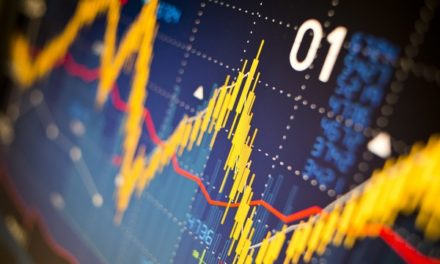
“I buy on the assumption that they could close the market the next day and not reopen it for five years.”
— Warren Buffett
The Warren Buffett investment philosophy calls for a long-term investment horizon, where a five year holding period, or even longer, would fit right into the strategy. How would such a strategy have worked out for an investment into Consolidated Edison Inc (NYSE: ED)? Today, we examine the outcome of a five year investment into the stock back in 2020.
| Start date: | 01/03/2020 |
|
|||
| End date: | 01/02/2025 | ||||
| Start price/share: | $88.63 | ||||
| End price/share: | $89.03 | ||||
| Starting shares: | 112.83 | ||||
| Ending shares: | 135.67 | ||||
| Dividends reinvested/share: | $15.88 | ||||
| Total return: | 20.78% | ||||
| Average annual return: | 3.85% | ||||
| Starting investment: | $10,000.00 | ||||
| Ending investment: | $12,080.29 | ||||
The above analysis shows the five year investment result worked out as follows, with an annualized rate of return of 3.85%. This would have turned a $10K investment made 5 years ago into $12,080.29 today (as of 01/02/2025). On a total return basis, that’s a result of 20.78% (something to think about: how might ED shares perform over the next 5 years?). [These numbers were computed with the Dividend Channel DRIP Returns Calculator.]
Always an important consideration with a dividend-paying company is: should we reinvest our dividends?Over the past 5 years, Consolidated Edison Inc has paid $15.88/share in dividends. For the above analysis, we assume that the investor reinvests dividends into new shares of stock (for the above calculations, the reinvestment is performed using closing price on ex-div date for that dividend).
Based upon the most recent annualized dividend rate of 3.32/share, we calculate that ED has a current yield of approximately 3.73%. Another interesting datapoint we can examine is ‘yield on cost’ — in other words, we can express the current annualized dividend of 3.32 against the original $88.63/share purchase price. This works out to a yield on cost of 4.21%.
One more piece of investment wisdom to leave you with:
“You can’t be a good value investor without being an independent thinker; you’re seeing valuations that the market is not appreciating. But it’s critical that you understand why the market isn’t seeing the value you do.” — Joel Greenblatt




